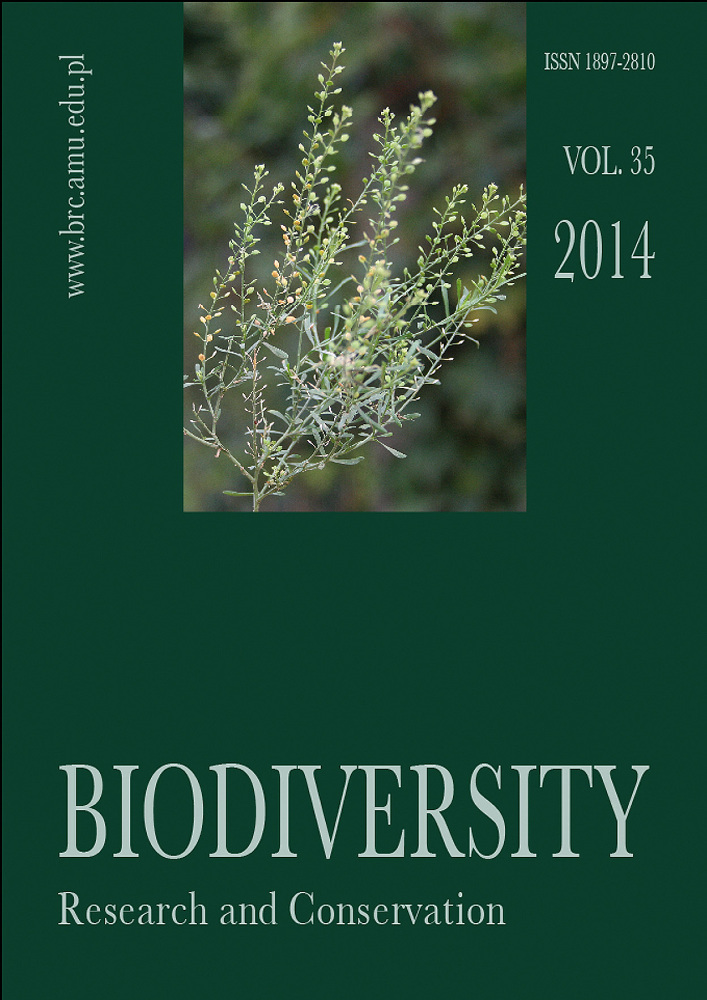Abstract
Very rapid production of prominent wax crystals was observed in stems. In an experiment involving mechanical wax removal from the A. negundo stem surface and subsequent analysis of the surface after several days via scanning electron microscopy (SEM), it was shown that wax regenerates very quickly. After only several hours, new emerging crystals were observed and their morphologies were essentially the same. Nearly full regeneration was observed several days after removal.
References
Barthlott W., Neinhuis C., Cutler D., Ditsch F., Meusel I., Theisen I. & Wilhelmi H. 1998. Classification and terminology of plant epicuticular waxes. Bot. J. Linn. Soc. 126: 237-260. DOI: 10.1111/j.1095-8339.1998. tb02529.x
Koch K., Bhushan B., Ensikat H.-J. & Barthlott W. 2009. Self-healing of voids in the wax coating on plant surfaces. Philos. Transact. A Math. Phys. Eng. Sci. 367: 1673-1688. DOI: 10.1098/rsta.2009.0015
Koch K., Neinhuis C., Ensikat H. J. & Barthlott W. 2004. Self assembly of epicuticular waxes on living plant surfaces imaged by atomic force microscopy (AFM). J. Exp. Bot. 55: 711-718. DOI: 10.1093/jxb/erh077
Riederer M. & Müller C. (eds.). 2006. Biology of the Plant Cuticle. 438 pp. Blackwell Publishing, Oxford.
Tomaszewski D. & Zieliński J. 2014. Epicuticular wax structures on stems and comparison between stems and leaves - A survey. Flora 209: 215-232. DOI: 10.1016/j. flora.2014.03.001




